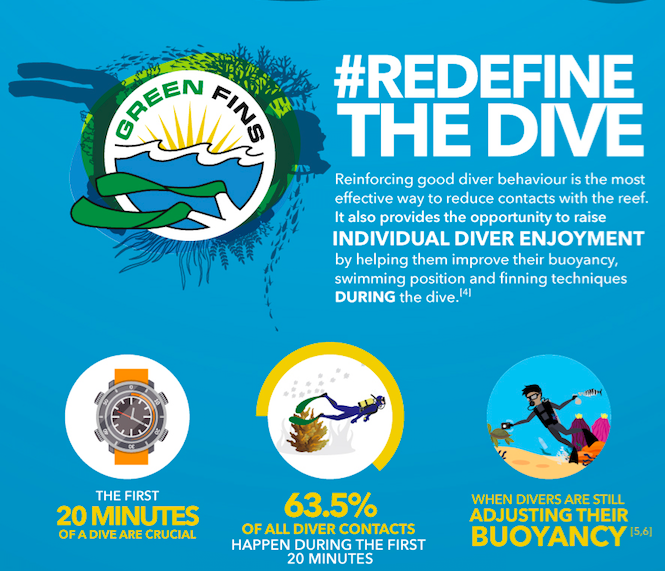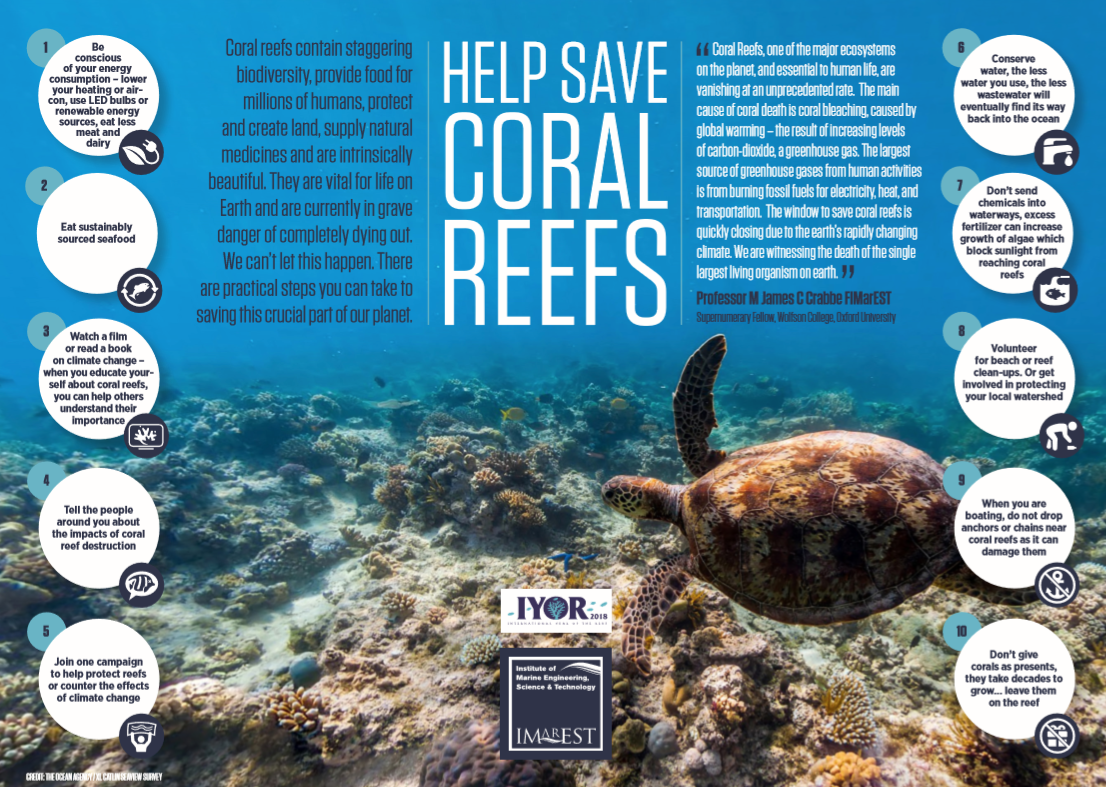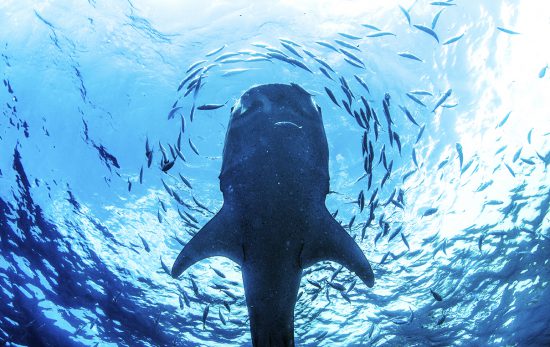Written by Kirsty Richards and originally published via The Terramar Project.
 2018 has been designated the third International Year of the Reef (IYOR) by the International Coral Reef Initiative (ICRI). This year-long celebration is a great opportunity to come together to strengthen awareness on the plight of coral reefs, and to step up and initiate conservation efforts.
2018 has been designated the third International Year of the Reef (IYOR) by the International Coral Reef Initiative (ICRI). This year-long celebration is a great opportunity to come together to strengthen awareness on the plight of coral reefs, and to step up and initiate conservation efforts.
Want to get involved but not sure how? Live in a land-locked city and don’t think your actions affect the ocean? Well, you’re in the right place! We’ll show you ways people from different locations all over the world can get involved in International Year of the Reef!
Many of the actions listed below can be implemented in a variety of contexts around the world, although you needn’t need to worry about dropping an anchor on a reef if you’re thousands of miles from the ocean!
As a global citizen, no matter where you live in the world, you can have positive impacts for marine conservation;
- Use your voice. Politics may be deemed ‘boring’ by some, but using your vote to support key environmental issues is one of the most significant actions we can take.
- Money talks. Along with our voices, the businesses we support say a lot; shop at stores with good environmental practices, which sell sustainable seafood and which limit their single-use plastics.
- Walk the walk. Wear your green heart on your sleeve and practice what you preach, but also literally walk. Leave the car at home, reduce your carbon emissions and get those steps in.

Photo: Green Fins redefine the reef infographic
Live near the coast?
Lucky enough to live on the coast or have a coral reef on your doorstep?! Then get out and see it, but utilise some of these tips to ensure you’re not having a lasting detrimental impact on the reef;
- Just look – don’t touch. It is ingrained in us to touch and feel everything, however many creatures on coral reefs don’t wish to be prodded and many have defensive mechanisms to ensure we don’t do this more than once!
- Be a role model diver. Research shows a SCUBA diver makes contact with a reef an average of 6 times per dive! Ensure you have control of your buoyancy and don’t get too close to the reef.
- Don’t take (unless you’re picking up rubbish). Collecting shells is a keen past time and isn’t thought of as doing any harm. Unfortunately, when millions of people are thinking the same thing – this becomes problematic. Hermit crabs are losing potential new homes (they are known to move into a bigger, roomier shell as they grow), and our beaches are losing fine sand-making materials.
- Use a mooring, not an anchor. Our partners, Green Fins, are using the IYOR to highlight the damage dropping an anchor can do. For example, research shows that anchors grossly impact the health and diversity of life on a coral reef. The #AlternativestoAnchoring campaign is promoting the creation and use of permanent moorings, many of which can take more than one vessel at a time.
- Use reef-safe sunscreen. Research has shown chemicals such as oxybenzone and octinoxate are toxic to corals and their associated marine life. Hawaii, USA, has taken great steps to ensure the continued health of its reefs by banning sunscreens containing such chemicals. Many reef-safe alternatives are becoming increasingly available.

Live in a land-locked city or miles from the ocean?
As we well know – all rivers lead to the ocean, eventually.
Anything we flush down the drain, drop in the street or leave behind after a picnic has the potential to end up floating around the world on the ocean’s currents. So what can we do to limit our environmental impacts on the sea and the land?
- Reduce, Reuse, Recycle! The three ‘R’s have been around for a long time now, but they are no less important! Reduce what you use (especially in terms of plastics), reuse what you do use, and recycle once it’s on its last legs.
- Reduce your carbon emissions. The ocean absorbs two thirds of the Carbon Dioxide we emit, pushing up the temperature of the water. Warming oceans is arguably the number one risk to the world’s coral reefs, leading to potentially fatal coral bleaching. As one UK supermarket says “every little helps”, if we all make little changes to our daily lives the impacts could be huge. For example; turn off lights, wash your clothes in cooler water, power your homes with renewable energy and walk rather than taking the car.
- Spread the word. Whether you’re a coral nerd or not, you can play a key role in raising awareness. Read, watch and research about key marine conservation issues, and speak about them with friends, family and the general public.
- Get involved. Join a local conservation group, organise a marine conservation focused community day or host a screening of a documentary such as the award winning Chasing Coral.
- Make good food choices. Seafood lover? Perhaps limit your fish intake when it’s been flown thousands of miles from the waters it came from to reach your plate. Look into sustainably sourced or farmed fish instead.
The resounding message?
Be a role model for others.
Many of the actions we can take to benefit coral reefs and the wider ocean are similar no matter where we are in the world. We can all do something, we can all play our part and make a difference.
Think of yourself as a member of the global population, rather than one individual who can’t make a difference. Switching from single-use plastic to reusable and recyclable alternatives, reducing carbon emissions and educating yourself and others about marine conservation will go a long way to tackling many issues.
More on the International Year of the Reef: The IYOR website (www.iyor2018.org) is the central hub of all activities and events taking place around the world in support of the IYOR. You can also stay up to date on Facebook and Twitter.


